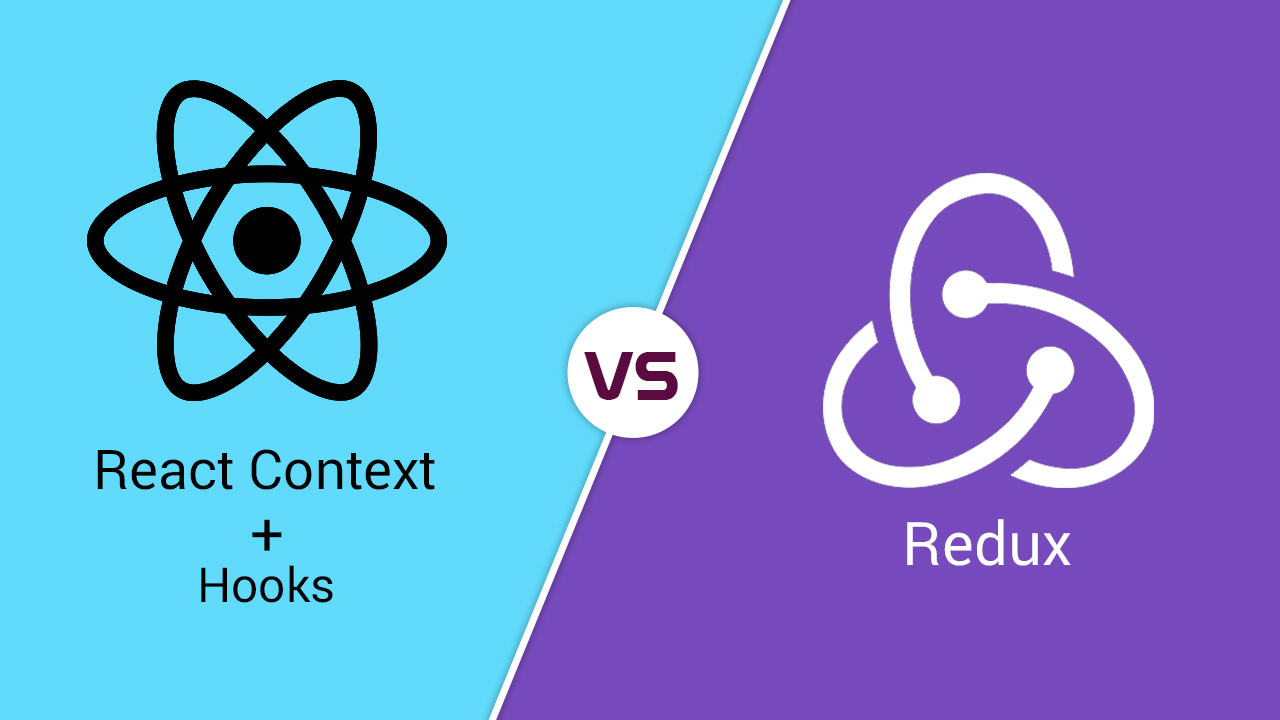
When it comes to managing state in a React application, developers have several options to choose from, including the use of the useContext hook and the Redux library. While both approaches can be effective for managing state, there are some key differences between them that can make one option more suitable than the other depending on the specific requirements of your application.
The useContext hook is part of React's built-in Context API, which provides a way to pass data down the component tree without having to pass props manually at every level. The useContext hook allows you to consume a context that is defined at a higher level of the component tree, and can be a good option for managing simple state that needs to be shared across multiple components. Because the Context API is part of React, it has a lower learning curve compared to Redux, and can be easier to set up and maintain for simpler applications.
On the other hand, Redux is a standalone library that provides a centralized store for managing application state. It offers a more sophisticated way to manage state, and is especially useful for large, complex applications with multiple data sources and complex data flow. Redux can handle complex state updates and asynchronous actions more efficiently than useContext, and provides a clear separation of concerns between application logic and state management. Additionally, the use of Redux can improve the predictability and testability of your application, as all state updates are managed through a single store.
When deciding whether to use useContext or Redux, it's important to consider the specific requirements of your application. For simpler applications with basic state management needs, useContext may be a good option to consider. On the other hand, for more complex applications with multiple data sources and complex state updates, Redux may provide a more efficient and scalable solution.
The decision to use useContext or Redux will depend on your specific needs and the trade-offs you are willing to make in terms of complexity, functionality, and maintainability. Both approaches have their strengths and weaknesses, and the best approach will depend on the requirements of your specific application.
